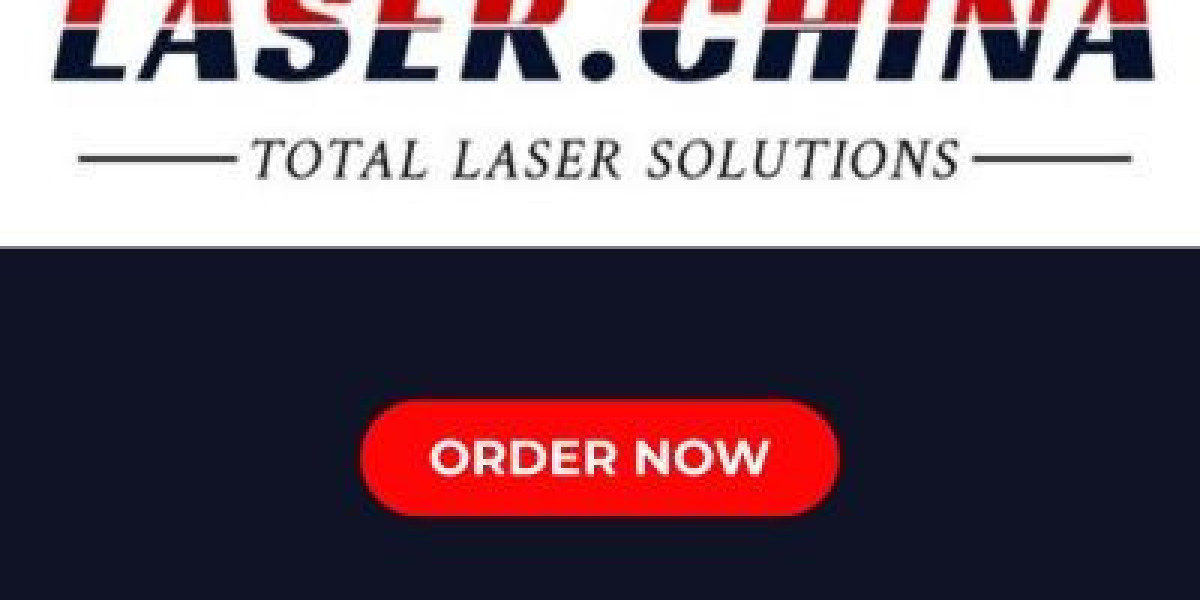Choosing the right metal laser cutter manufacturer is a critical decision for businesses that rely on high-precision metal fabrication. A laser cutter is one of the most powerful and versatile tools in metalworking, and selecting the right manufacturer can impact the efficiency, quality, and long-term success of your operations. In this context, businesses need to evaluate several key factors to ensure that the metal laser cutting machine they invest in is the best fit for their needs. Here are the most important considerations when choosing a metal laser cutter manufacturer.
1. Machine Performance and Precision
The performance and precision of the metal laser cutting machine are paramount. Businesses should assess the manufacturer’s ability to produce machines that offer high cutting accuracy, reliability, and speed. For industries like aerospace, automotive, and medical device manufacturing, cutting quality is critical as even small deviations can result in costly errors or product failures. Look for manufacturers with a proven track record in delivering machines that maintain high standards of accuracy, with cutting tolerances as small as 0.1 mm or better.
Additionally, performance extends beyond just cutting accuracy. The machine should be capable of handling the thickness and type of materials the business uses. For example, manufacturers that offer machines with adjustable power settings are ideal, as they allow flexibility in cutting a variety of metals, such as stainless steel, aluminum, and carbon steel, in varying thicknesses.
2. Technology and Innovation
The metal laser cutting industry is constantly evolving, with advancements in laser technology and machine automation. Manufacturers who invest in the latest technological innovations, such as fiber laser technology, offer superior cutting speeds and efficiency. Fiber lasers, for instance, are more energy-efficient and provide faster cutting times compared to traditional CO2 lasers. Manufacturers that incorporate automation systems like auto-loading/unloading, real-time monitoring, and integration with robotics can help improve overall productivity and reduce operational downtime.
Moreover, features like Intelligent control systems that automatically adjust cutting parameters based on material type and thickness can optimize cutting performance and reduce the need for manual adjustments. This is particularly important for businesses that handle a wide variety of metal types or high-volume production runs.
3. Reliability and Durability
Since metal laser cutters are a significant investment, businesses need machines that are durable and capable of handling high-volume, continuous operations. Manufacturers that have been in the market for years and have established a strong reputation for building reliable, long-lasting machines should be prioritized. Check for warranties and after-sales service offerings. Some manufacturers offer extended warranties, preventive maintenance, and fast-access support services to help businesses minimize downtime.
Manufacturers who build their machines with high-quality components, such as sturdy frames, long-life laser sources, and advanced cooling systems, typically offer more durable products. Businesses should ensure that the metal laser cutter can perform at peak efficiency over an extended period without requiring excessive maintenance.
4. Customization and Support
Every business has different needs when it comes to metal cutting. A customizable solution is often the best option, as it allows businesses to adjust the machine to their specific requirements. Some manufacturers offer machines with customizable features such as different bed sizes, laser powers, cutting heads, or the ability to cut specialized materials. Manufacturers who are open to customizing their machines to suit specific production needs can be a great choice.
Equally important is the level of customer support provided by the manufacturer. Choose a company that offers comprehensive technical support, training, and assistance. This includes not only troubleshooting and machine repairs but also training to ensure operators understand the machine’s capabilities and can maximize its performance.
5. Cost and Total Cost of Ownership
While price is always a consideration, it’s essential to look beyond the initial purchase cost and consider the total cost of ownership. This includes maintenance costs, energy consumption, replacement parts, and the machine's longevity. Investing in a high-quality, energy-efficient machine might have a higher upfront cost, but it can lead to significant savings in energy consumption and reduced downtime over time. Compare prices from different manufacturers, but focus on the long-term value the machine can bring to the business.
6. Reputation and Customer Reviews
Finally, businesses should choose manufacturers with a solid reputation in the industry. Research the manufacturer's history, customer reviews, and case studies to understand their performance in real-world applications. Manufacturers with a global presence, positive customer feedback, and a history of successful installations are typically safer bets for businesses looking for reliable machines.
Conclusion
Selecting the right metal laser cutter manufacturer is a vital decision for businesses involved in metal fabrication. By considering factors such as machine performance, technology, reliability, support, cost, and the manufacturer’s reputation, businesses can ensure that they invest in a machine that not only meets their current needs but also provides long-term value. A well-chosen metal laser cutter can significantly improve productivity, reduce operational costs, and help businesses stay competitive in an increasingly demanding market.







